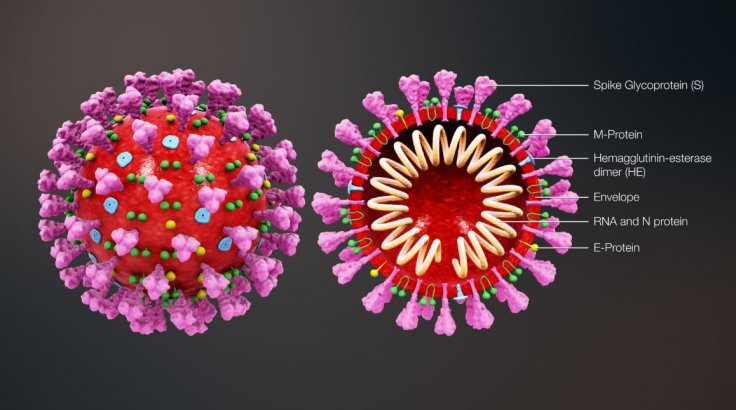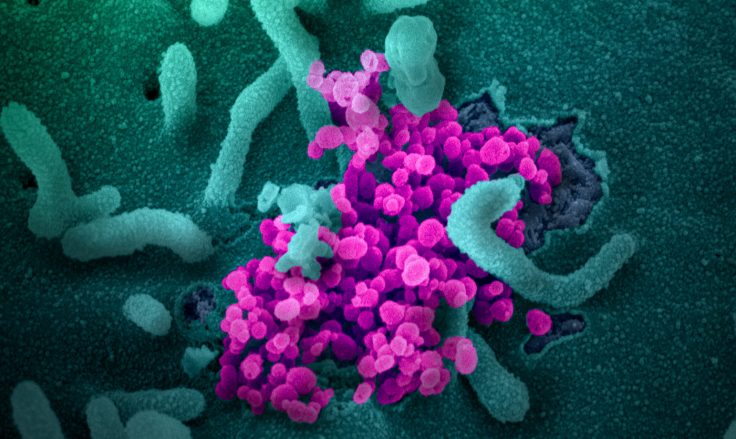As the world seeks a drug to conquer the rampaging coronavirus, two potential candidates have entered clinical trials in Australia.
A medical trial to test the effectiveness of HIV drug lopinavir/ritonavir, and antimalarial drug hydroxychloroquine, in treating COVID-19 has commenced in its first site, The Royal Melbourne Hospital, Australia. Known as the AustralaSian COVID-19 Trial (ASCOT), it is led by the Doherty Institute.
Associate Professor Steven Tong, a coordinating principal investigator of the trial, confirmed that the screening of patients for enrollment in the trial commenced on 16 April. He said in a statement: "We plan to have other trial sites up and running later this week across Australia and to significantly contribute to the limited body of knowledge on how to treat COVID-19."

Two hopeful treatment options
While there are no are standard effective treatments against that disease that is known to be in existence in for less than six months, these two drugs have emerged as potential treatments. This is because they were found to be effective against the SARS-CoV-2 virus in the lab.
Lopinavir/ritonavir is an antiretroviral combination that is used to treat HIV. It is sometimes sold under the brand name Kaletra. Hydroxychloroquine is an antimalarial drug that is sold under the brand name, Plaquenil, among others. Along with its primary use against malaria, it is also used to tackle other conditions such as lupus, rheumatoid arthritis, and porphyria cutanea tarda.
Trials across several sites
The trial intends to enroll patients from over 70 hospitals in Australia, spanning every territory and state, along with 11 hospitals in the neighbouring Pacific island nation of New Zealand.
"The aim of ASCOT is to test whether using these drugs will prevent patients deteriorating to the point of needing a ventilator in the intensive care unit (ICU)," said Associate Professor Tong. Another aim of the study is to gather results quickly. Following the commencement of trials across several sites, the generated results will undergo continuous examination.

Talking about expanding the trial to other sites, Tong said: "We plan to have other trial sites up and running later this week across Australia and to significantly contribute to the limited body of knowledge on how to treat COVID-19."
A randomized trial
Tong explained that patients will be assigned to different treatments randomly as ASCOT is a randomized trial. Since such clinical trials allocate some patients to a control group, some members of the study will not be administered any of these drugs. Therefore, they will by default what is considered "standard of care" for patients with the disease currently.
Such an approach will enable the evaluation of the effectiveness or the lack of it, and side effects that the drugs could induce. "This will allow us to answer whether patients who received a specific drug fare better, worse or the same compared to patients who received a different drug or standard of care," stressed Tong.
Responsive and adaptive design
The design of the trial is "responsive and adaptive" described Tong. Hence, if a particular treatment is found to effective, the trial can be adapted to center on that treatment. And if a drug is found to be ineffective or causing adverse events, it can be discontinued.
Tong said when other potential drugs are made available, they can be integrated into the framework of ASCOT. This means that when antiviral such as Remdesivir — that has been made available by its developer, US-based Gilead Sciences, only to select countries so far — becomes available in Australia, it can be tested in the trial. Another antiparasitic, Ivermectin, that was found to destroy the coronavirus in less than 48 hours under laboratory conditions, could hopefully receive consideration as well.

Emphasising on the robust data that the study can generate, Tong said: "Having such a coordinated approach nationally and in New Zealand means that not only can many patients participate, but we can also generate the evidence as quickly as possible."
Mixed results raise questions about effectiveness
While the ASCOT is geared towards ascertaining the efficacy of these drugs in treating COVID-19, recent studies have raised questions about their usefulness. According to a recent study by researchers from Guangzhou Eighth People's Hospital in China, Lopinavir/ritonavir did not improve clinical outcomes in patients suffering from a mild-to-moderate form of the infection and had severe side effects in some.
In a recently published study, based on a randomized trial involving 199 patients with severe COVID-19 in Wuhan, patients who received the antiretroviral combination showed no significant improvement when compared to those who received standard care.

Evidence against the effectiveness of hydroxychloroquine, which received widespread attention after US President Donald Trump called it a "game-changer", are also emerging. A French study involving 181 patients suffering from pneumonia brought on by SARS-CoV-2 found "no evidence of clinical efficacy" of the drug in the 84 patients who received it.
However, two other French studies have suggested the opposite. They found that when hydroxychloroquine is combined with azithromycin, it could decrease the viral load in patients infected with the novel coronavirus. Therefore, only time will tell if ASCOT can find results that will provide clarity on the utility of these drugs in the treatment of COVID-19.









